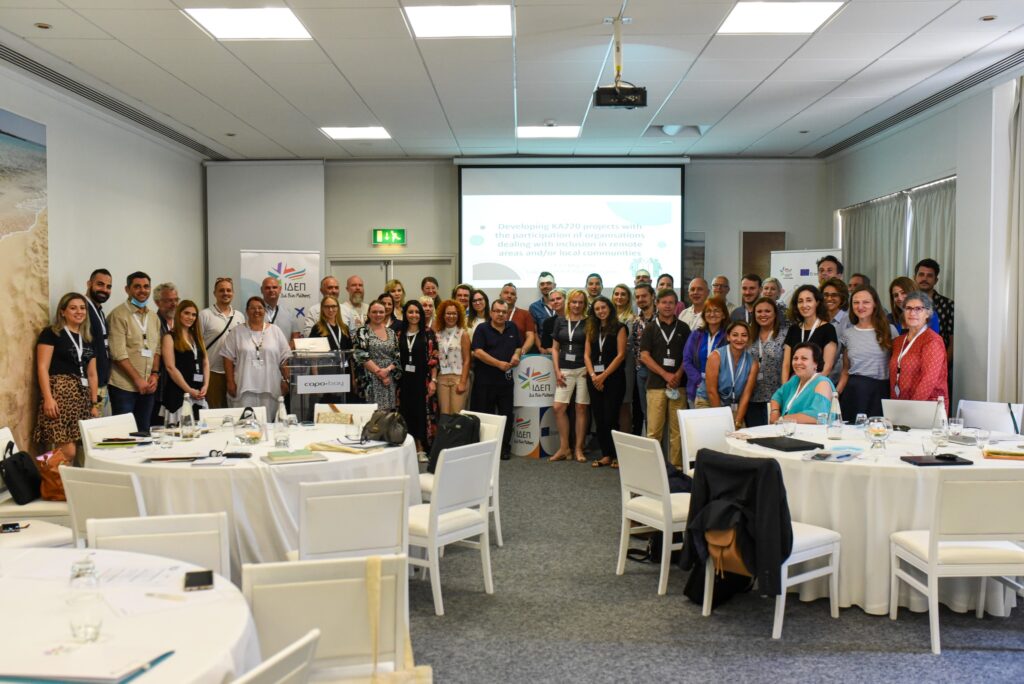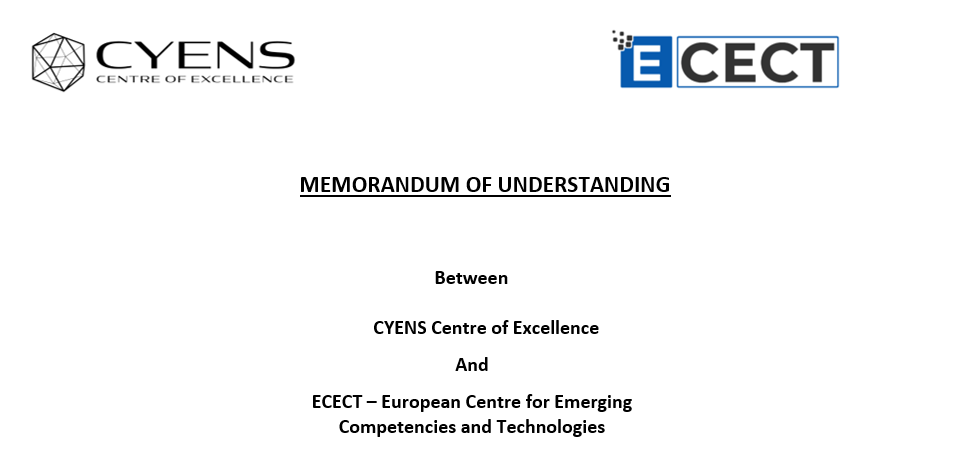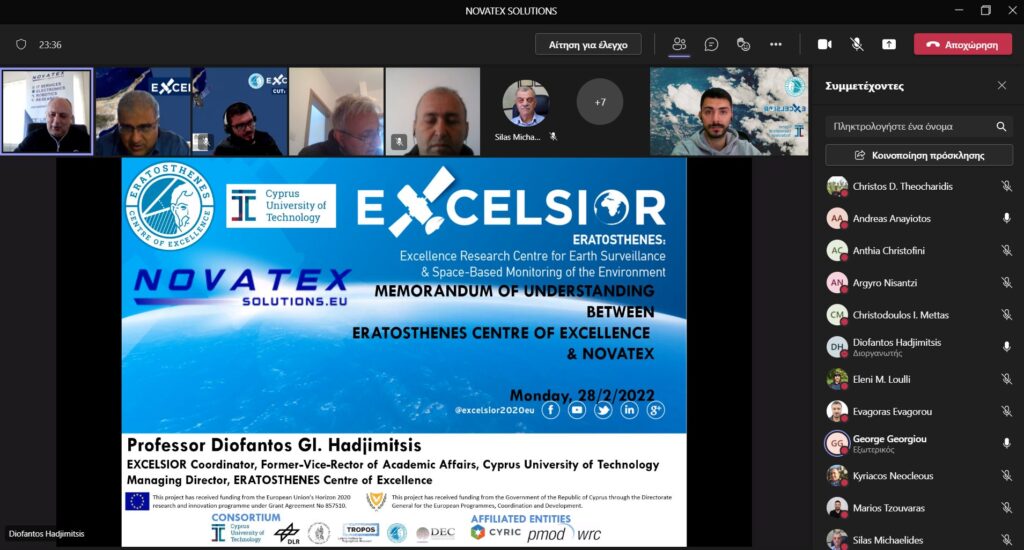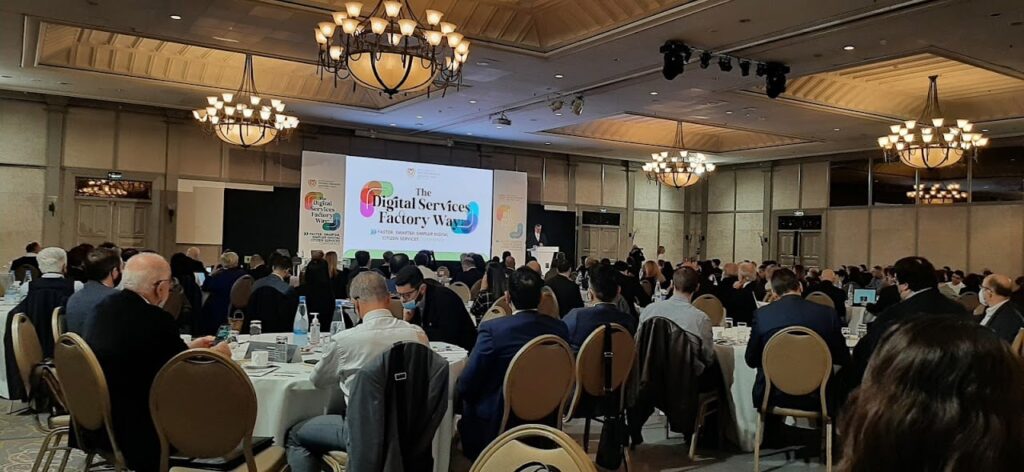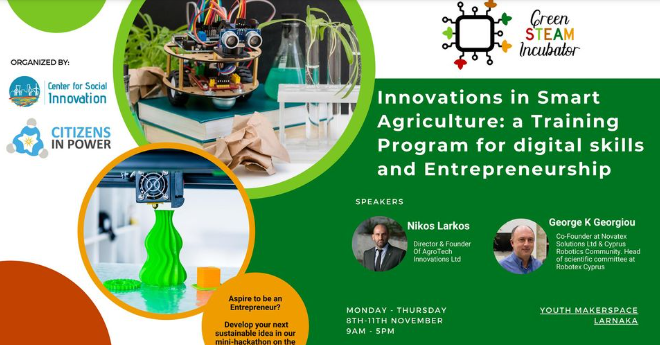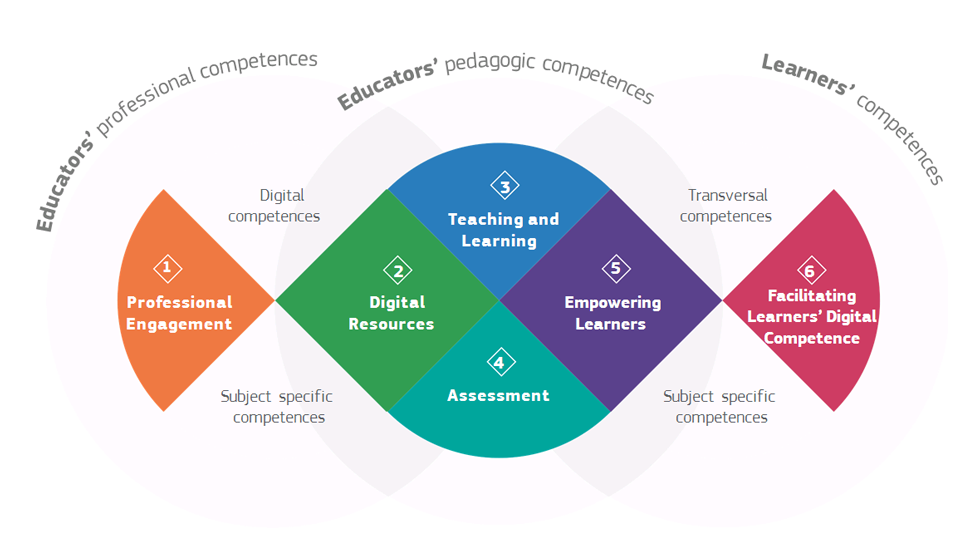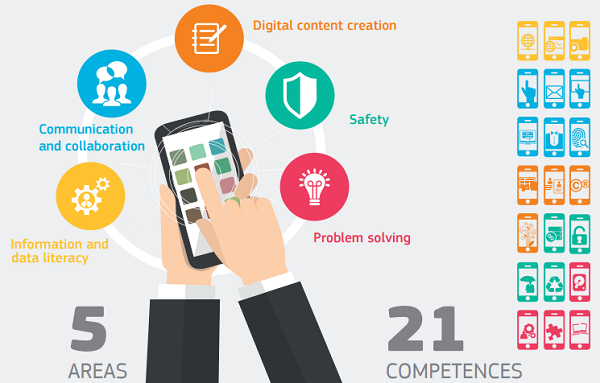H ECECT συμμετείχε στα εργαστήρια που διοργάνωσε το ΙΔΕΠ Διά Βίου Μάθησης από τις 24 μέχρι τις 27 Μαΐου με θέμα ‘Developing KA220 projects with the participation of organisations dealing […]
Articles
The Memorandum of Understanding between ECECT.eu and CYENS Centre of Excellence aiming to put in place scientific and technical cooperation in fields of common interest.
MOU between ECECT and CYENS Centre of Excellence Read More »
Highlights from yesterday’s meeting with Eratosthenes Centre-of Excellence of the Cyprus University of Technology / Τεχνολογικό Πανεπιστήμιο Κύπρου The meeting was held to sign the Memorandum of Understanding between ECECT.eu
MOU between ECECT and Eratosthenes Centre-of Excellence Read More »
Today we have attended the Digital Services factory conference “The Digital Services Factory Way: Faster, Smarter, Simpler digital citizen services” organized by the Deputy Ministry of Research, Innovation, and Digital
ECECT: Attended the Digital Services Factory Conference Read More »
An exciting Training opportunity to register for – as part of the Green STEAM incubator program – if you are a teacher, youth trainer or an aspiring entrepreneur! Agenda and
Knowledge & competence centres – ORIGINAL ARTICLE HERE Learn more about the k4P (Knowledge for Policy) plalform by clicking here Knowledge Centres the ambition of the European Commision. These are
EU Science HUB – Educational and Competence centres Read More »
Original Article: here The teaching professions face rapidly changing demands, which require a new, broader and more sophisticated set of competences than before. The ubiquity of digital devices and applications,
Digital Competence Framework for Educators (DigCompEdu) Read More »
Digital competence is essential for learning, work and active participation in society. For school education, as important as understanding the competence itself is knowing how to help develop it. Find
Digital competence: the vital 21st-century skill for teachers and students Read More »
